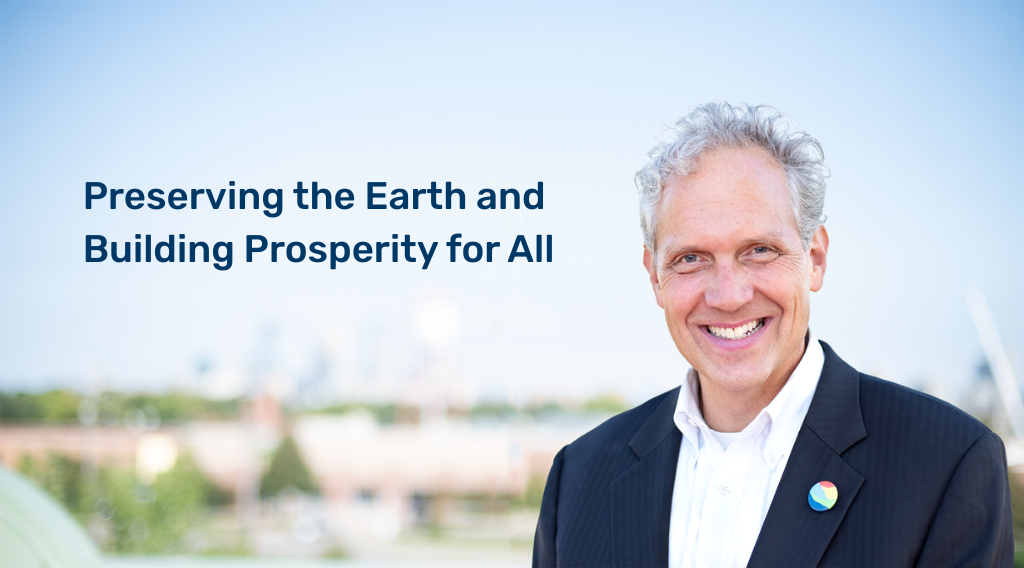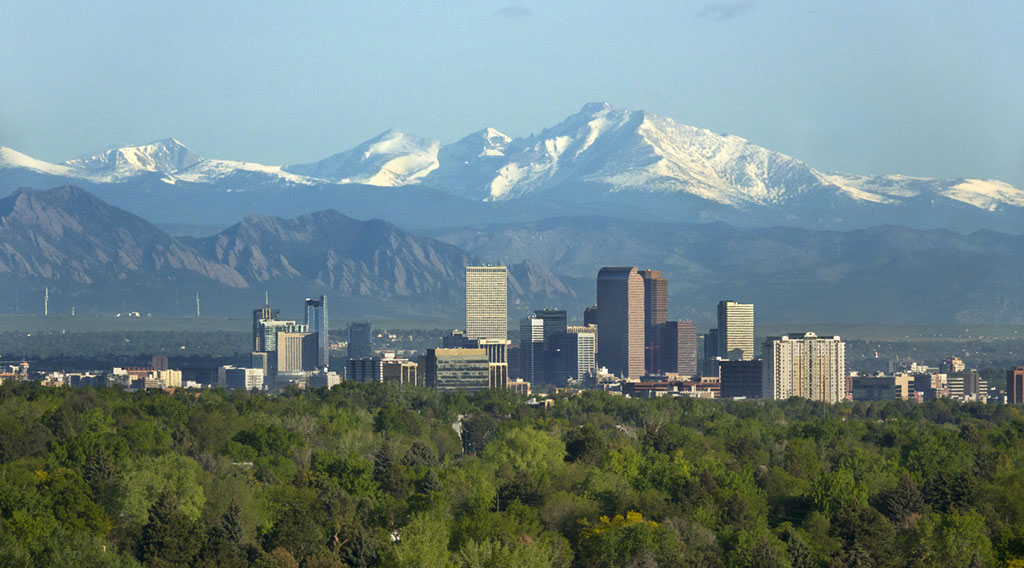
The newly launched Carbon Capture Ready website (CarbonCaptureReady.org) serves as a resource for a growing network of state leaders, industries, labor, and NGOs to realize the potential for carbon capture to transform economies and ensure a sustainable environment for future generations.
Given the unique geography, economy, resources, facilities, and policy considerations for each region of the US, the Carbon Capture Ready site has state-specific information on the current state-of-play and future opportunities:
- emissions reduction potential by industry and volume
- policy design and best practices checklist
- state legislative contexts
- facilities eligible for the federal carbon capture tax credit
- comprehensive fact sheets for participating states
- introductory and in-depth information on carbon capture, beneficial use, and storage
The online resource was created for the Regional Carbon Capture Deployment Initiative (RCCDI), a growing network of 25 states working to promote carbon capture in the Midwestern and Western regions of the US. These areas are rich with potential when it comes to industry, geologic storage, and transport infrastructure.
Staffed by the Great Plains Institute, the RCCDI brings together state officials with diverse industry, NGO, labor, and other stakeholders to deploy infrastructure for carbon capture, beneficial use of carbon, and geologic storage. CarbonCaptureReady.org was created through this collaborative effort to highlight the technology’s potential in the initiative’s regions, and share resources, data, and analysis to help inform policy and decision-making.
Figure 1. State-specific resources and analysis: Current footprint of states with resources in development by the Regional Carbon Capture Deployment Initiative. Click to view available state resources.
Note: States that are not “clickable” at this time have resources that are forthcoming.
Authoritative analysis shows that achieving a zero-carbon energy system by 2050 will require carbon capture, particularly when it comes to viable solutions for industry. Industrial emissions account for about one-third of global carbon emissions and those emissions are growing at twice the rate of emissions as a whole. Carbon capture is essential to achieve emissions reductions in industries that are otherwise difficult to decarbonize and can enable them to create products of economic value and lower carbon intensity, from steel to concrete, that can sustain and create high-paying jobs.
Meeting mid-century emissions reduction targets will require achieving a critical mass of commercial deployment by 2030, and states have a critical role to play in the successful buildout of infrastructure and economywide deployment of projects across industry sectors.
There is growing support for carbon capture and interest in project deployment since Congress passed the landmark, bipartisan reform and expansion of the Section 45Q tax credit for geologic storage and beneficial use of carbon captured from industrial facilities, power plants, and ambient air. Federal and state policy makers can build on this foundational tax credit to support the growing interest and investment in this new carbon economy. Carbon capture represents a singular opportunity for the US to capitalize on the evolving new carbon economy with benefits to jobs, energy security, and the environment.
With carbon capture technology rapidly growing as an emissions reduction solution in the US, the CarbonCaptureReady.org website will be an up-to-date resource on the policy landscape at the state and federal level, the latest updates from participating states, emissions reductions data by state and industry, and regional transport, storage, and beneficial use opportunities.
The Great Plains Institute was among the first nonprofits in the world to take up work on carbon capture deployment more than two decades ago and we are encouraged by the momentum and growing bipartisan support happening at the federal and state levels.
If you are interested in learning more about this effort or becoming involved in the RCCDI, please contact Patrice Lahlum at [email protected].
Keep up to date with all the latest from the Great Plains Institute by signing up for our monthly Better Energy newsletter.


